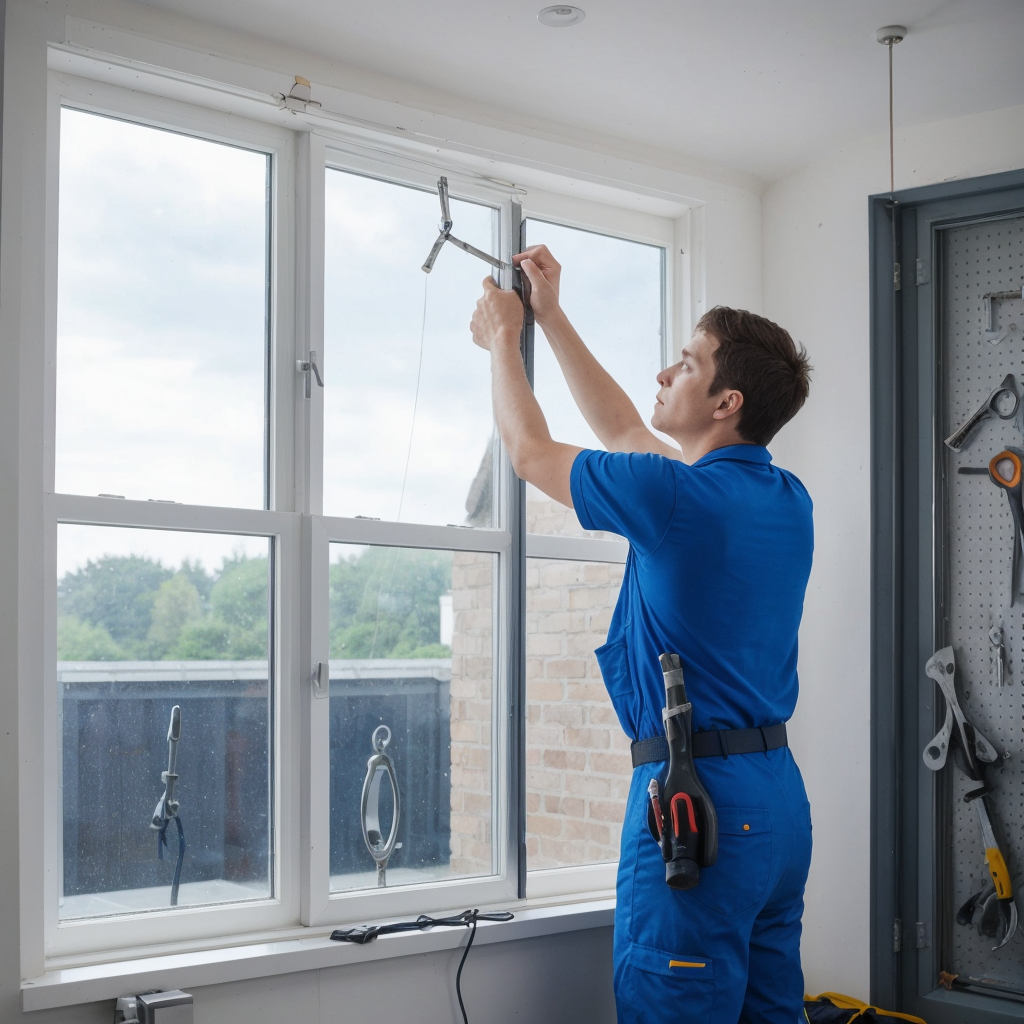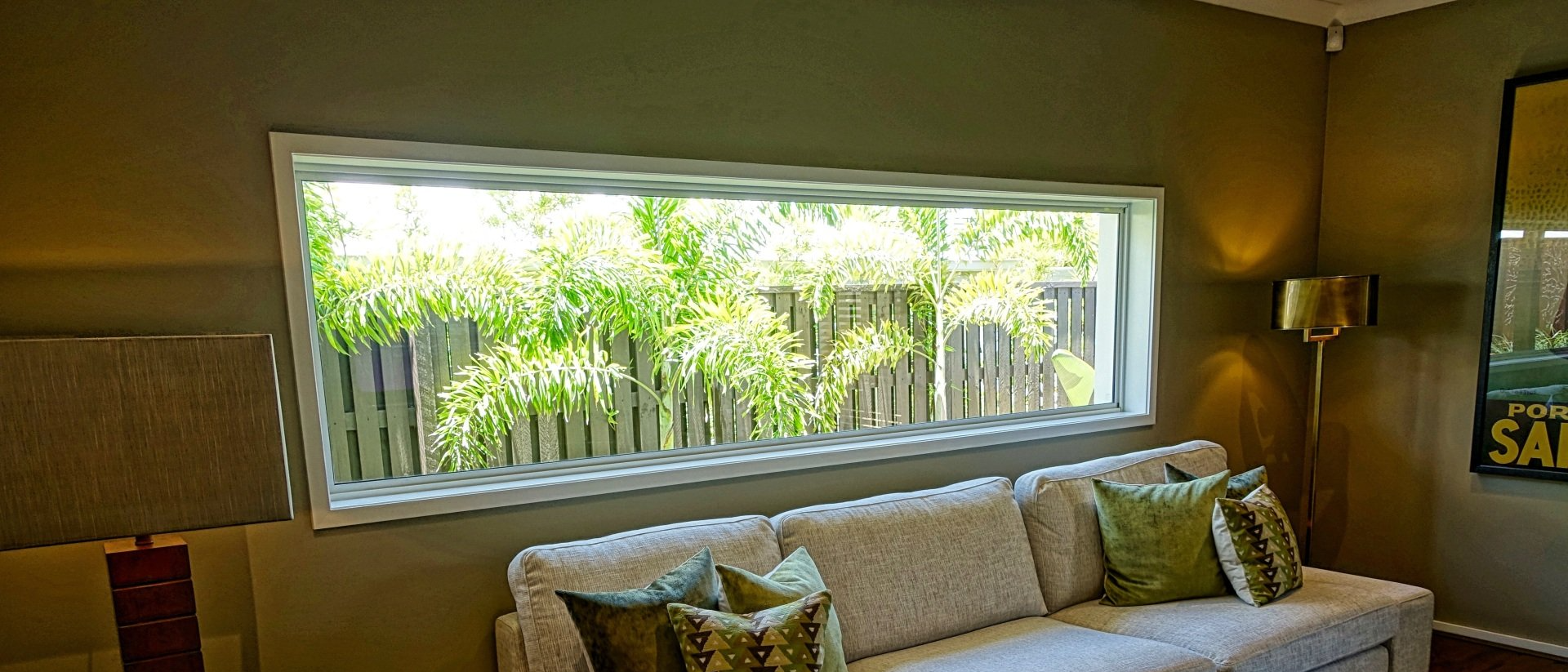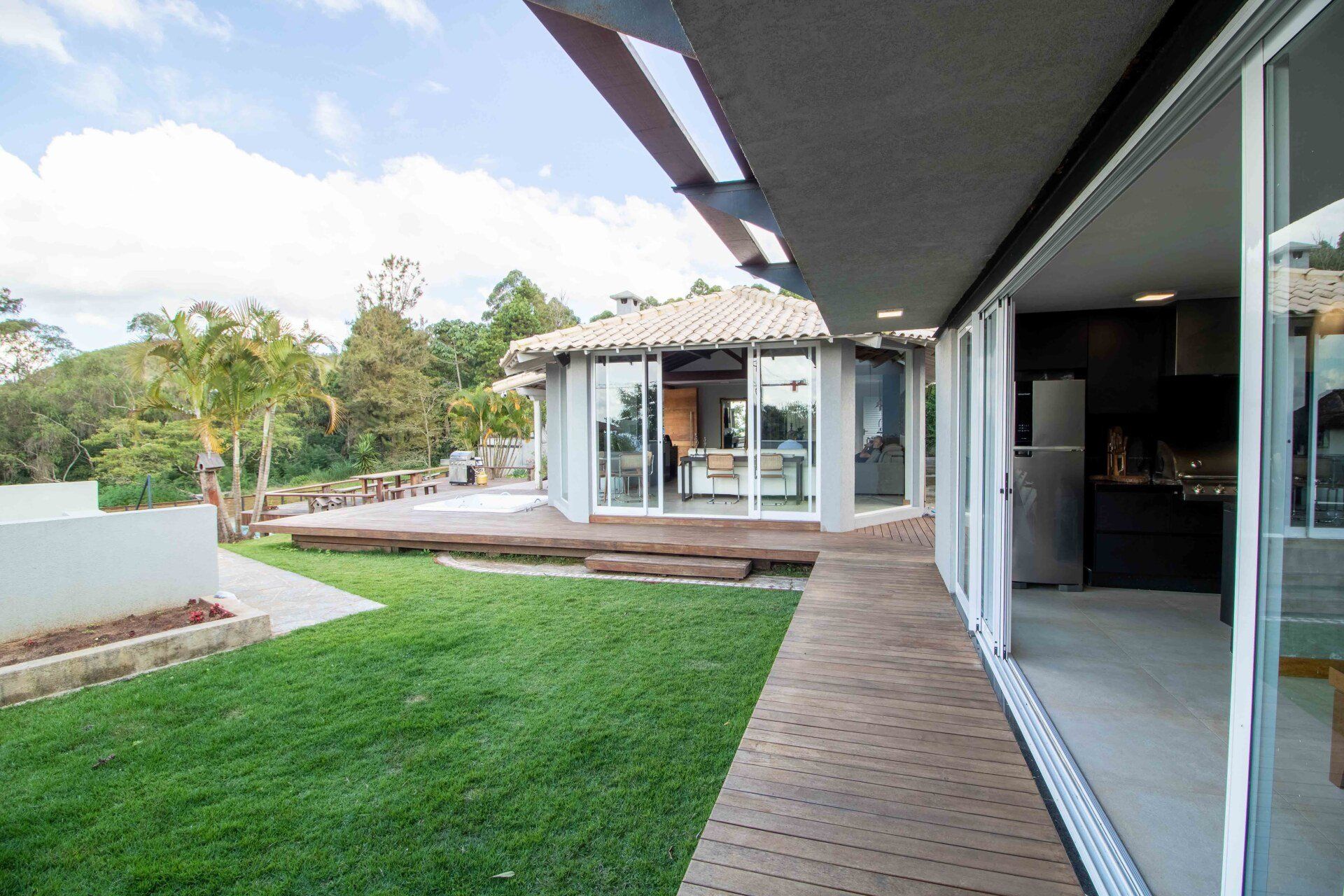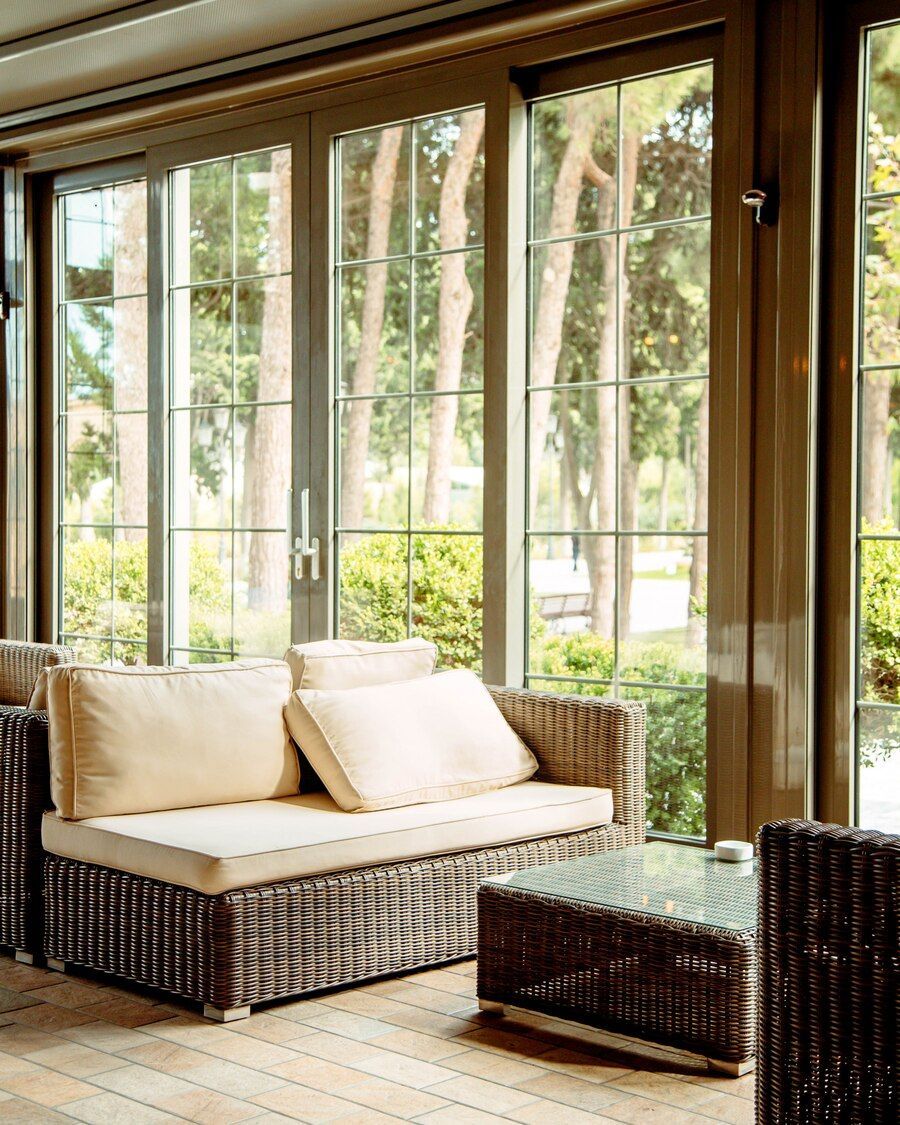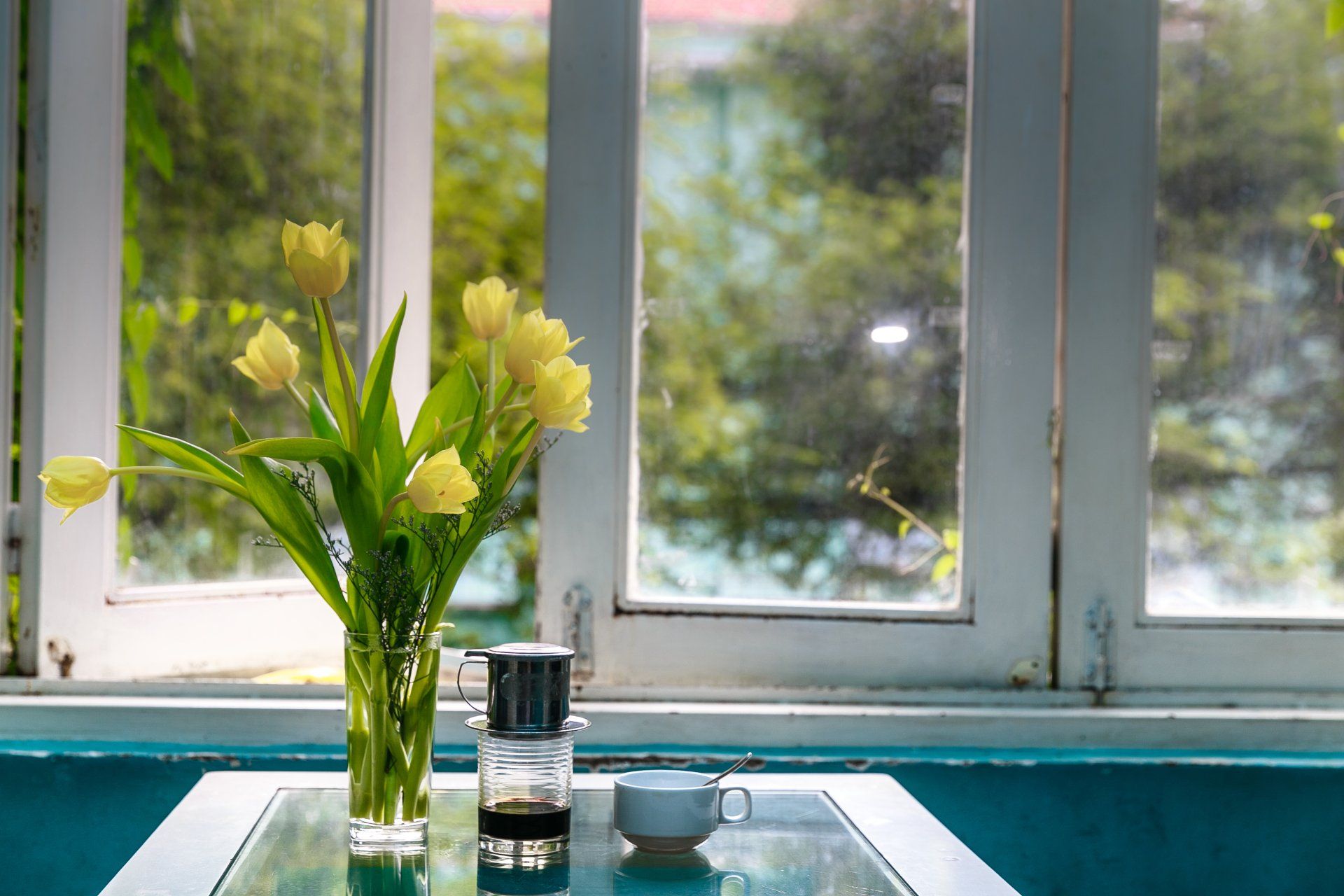Double Glazing Glass:
Everything You Need to Know About Comfort, Efficiency, & Value
Double glazing glass has emerged as one of the most effective solutions for homeowners and commercial property owners looking to improve indoor comfort, reduce energy bills, and boost overall property value. From its ability to insulate against temperature extremes to its capacity to cut down noise and improve security, double glazing has become a standard feature in modern window and door design.
Whether you're renovating, building from scratch, or simply looking for smarter ways to enhance your home’s energy performance, this in-depth guide will explain everything you need to know about double glazing glass. We’ll explore how it works, its many benefits, installation considerations, costs, and why it’s one of the best long-term investments for any property.
What Is Double Glazing Glass?
Double glazing glass, also known as insulated glass or IGU (Insulated Glass Unit), consists of two panes of glass separated by a space filled with air or inert gas such as argon. This configuration creates a sealed unit that dramatically improves thermal insulation. The space between the panes acts as a buffer zone, slowing down the transfer of heat and cold and limiting the movement of sound.
Originally developed to enhance home energy efficiency in colder climates, double glazing has evolved into a universal solution for both residential and commercial buildings. Modern versions often include specialised coatings to reflect heat, increase light penetration, or filter UV rays.
Why Is Double Glazing Important?
The real importance of double glazing lies in its ability to solve multiple problems at once. It provides improved temperature control, sound insulation, security, and condensation resistance-all while reducing reliance on artificial heating and cooling. These benefits are essential in today's environment, where energy costs are rising and homeowners are becoming more aware of sustainable building choices.
Many South African homeowners face seasonal extremes-scorching summers and chilly winters. Single-pane windows do little to mitigate these conditions. By contrast, double glazing helps create a consistently comfortable indoor climate while making homes more energy efficient and environmentally friendly.
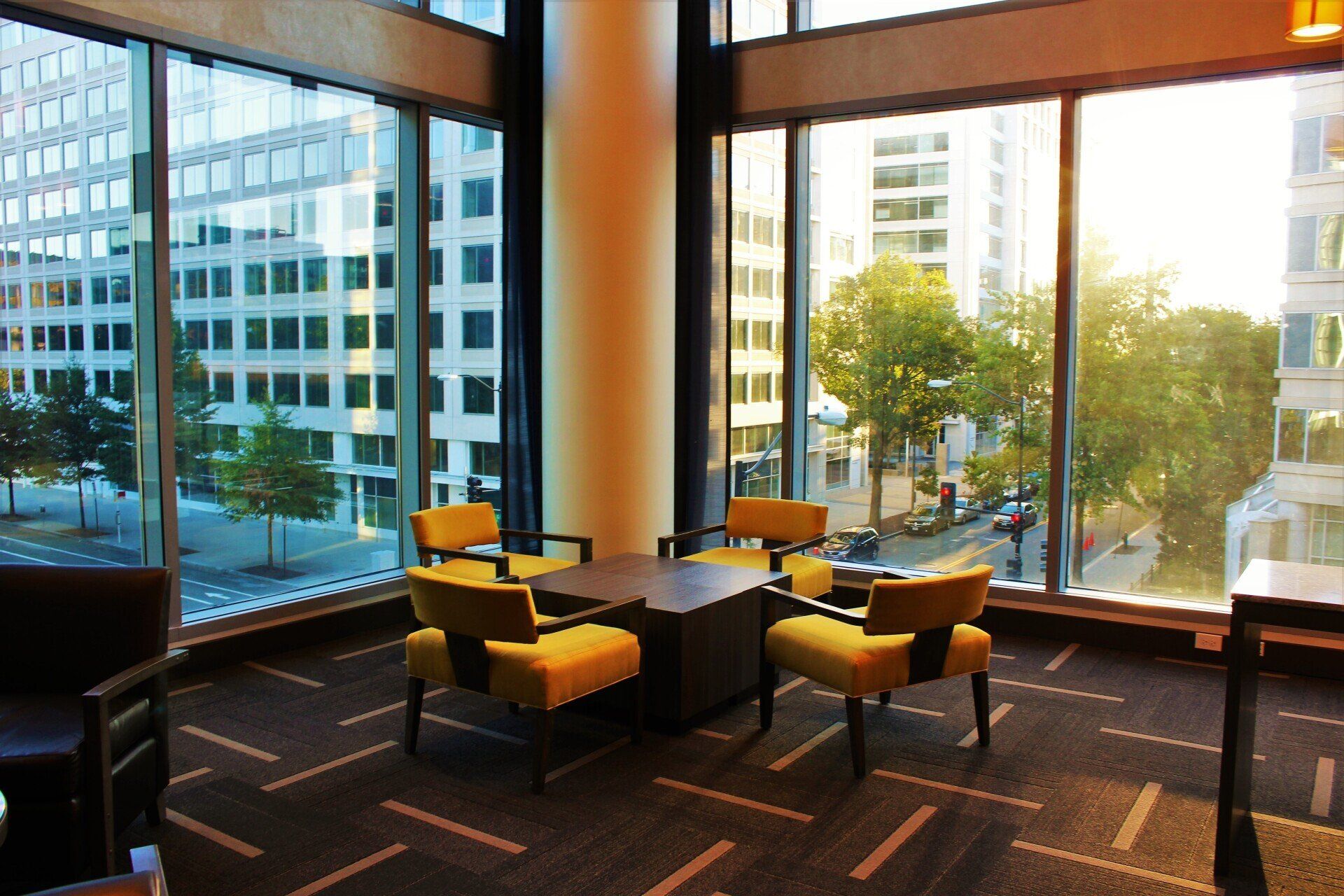
Key Benefits of Double Glazing Glass
Perhaps the most attractive advantage of double glazing is its energy-saving capability. By keeping warm air inside during the colder months and blocking heat from entering in summer, it significantly reduces the need for air conditioning and heaters.
It also offers a noticeable reduction in outside noise, making it ideal for homes near busy roads, schools, or airports. You’ll sleep better, concentrate more, and enjoy a quieter living space without needing soundproofing modifications.
Another core benefit is enhanced security. Double glazing units are harder to break than single-pane windows, and they can be combined with laminated or toughened glass for even greater protection. This deters intruders and improves peace of mind.
Double glazing also helps prevent condensation build-up on the interior side of windows, reducing the risk of mould, wood rot, and damage to window sills or surrounding structures.
From a financial standpoint, double glazing can improve the resale value of a property. Homebuyers today are looking for energy-efficient homes with modern finishes-and windows play a significant role in that assessment.
Double Glazing vs. Single Glazing
The difference between single and double glazing is immediately noticeable in performance. Single-pane windows are cheaper initially but perform poorly in insulation, noise control, and security.
Double glazing, though more expensive upfront, pays for itself through lower utility bills, fewer maintenance issues, and added property value. The dual-pane construction prevents rapid temperature transfer, meaning your indoor environment stays comfortable regardless of what’s happening outside.
Materials and Coatings Available
The quality and performance of double glazing glass depend on several factors: the thickness of the glass, the gas used between the panes, and any additional coatings applied to the surface. Argon is often used because of its density and insulating properties, while Low-E (low emissivity) coatings can help reflect heat back into the room or reduce solar gain.
In terms of framing, options range from uPVC and aluminium to timber, each with its pros and cons. uPVC is durable and affordable, aluminium is sleek and modern, while timber offers a natural aesthetic-often used in heritage homes.
Some systems also incorporate triple glazing for even higher performance levels, though this may be overkill for areas with mild winters.
Where to Use Double Glazing in the Home
Double glazing glass is not limited to windows alone. It’s increasingly used in patio doors,
skylights, conservatories, and even interior glass partitions in open-plan spaces.
In bedrooms and living rooms, it improves comfort and blocks out street noise. In kitchens and bathrooms, it helps prevent condensation from forming. For front-facing rooms, security is a big selling point, while in sun-facing areas, UV protection from coated glass prevents furniture and flooring from fading.
Commercial buildings benefit as well, improving climate control and reducing energy expenditure for offices, retail stores, or hospitality venues.
Installation Considerations
Installing double glazing is a specialised task best handled by professionals. Accuracy is
crucial; the units must be sealed correctly to ensure optimal insulation and long-term durability.
Before installation, a property assessment should be carried out to determine the right window sizes, the condition of current frames, and the desired energy performance. In some older homes, upgrading from wooden frames may require additional work to bring the window structure up to modern standards.
Always confirm that the installer uses high-quality materials and offers a warranty. This assures you that your investment is protected.
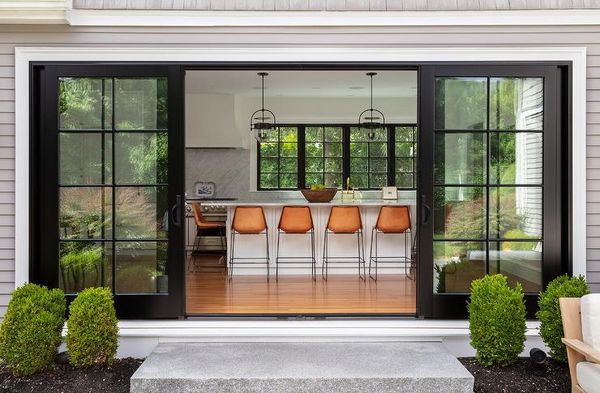
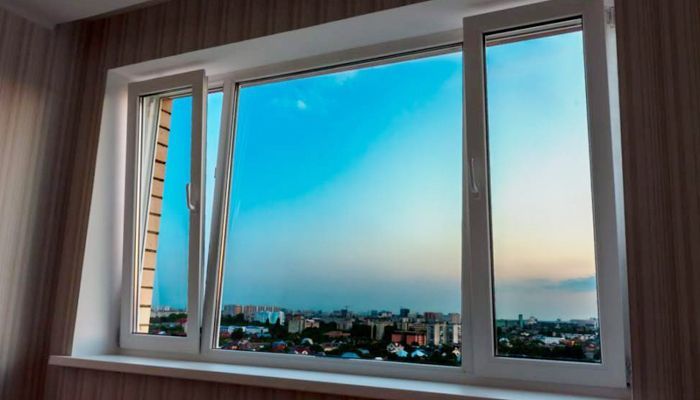
Costs and Long-Term Value
Double glazing does carry a higher initial cost than single-pane glass, but it's widely recognised
as a cost-effective upgrade over the long term. You’ll save on heating and cooling, reduce
maintenance needs, and enjoy lower noise pollution.
Prices vary depending on glass type, frame material, the number of windows, and installation complexity. However, many customers recoup their investment within five to ten years through energy savings and property appreciation.
Financing options and seasonal discounts are often available from reputable suppliers, making it easier to budget for full-home upgrades.
How to Choose the Right Double Glazing Provider
When selecting a double glazing company, look for one with a proven track record, certified installers, and transparent pricing. Ask about energy ratings, product warranties, and after-sales support.
A strong reputation in the local market is also key. Providers familiar with local building codes and climate conditions can guide you toward the most suitable products. Double Glazing Doctors, for example, offers tailored solutions designed to withstand varying weather and environmental challenges.
Customer reviews, certifications, and product demonstrations are excellent tools for evaluating
potential companies.
Maintaining Double Glazing Glass
One of the many appeals of double glazing is how little maintenance it requires. Routine cleaning with a soft cloth and mild soap will keep the glass clear and streak-free.
Check seals periodically to ensure they haven’t degraded, especially in older units. If condensation appears between the panes, it’s a sign that the seal has failed, and the unit may need replacing. Frames should also be inspected for signs of wear, especially timber ones.
By keeping up with minimal maintenance, your double glazing can remain in excellent condition for decades.
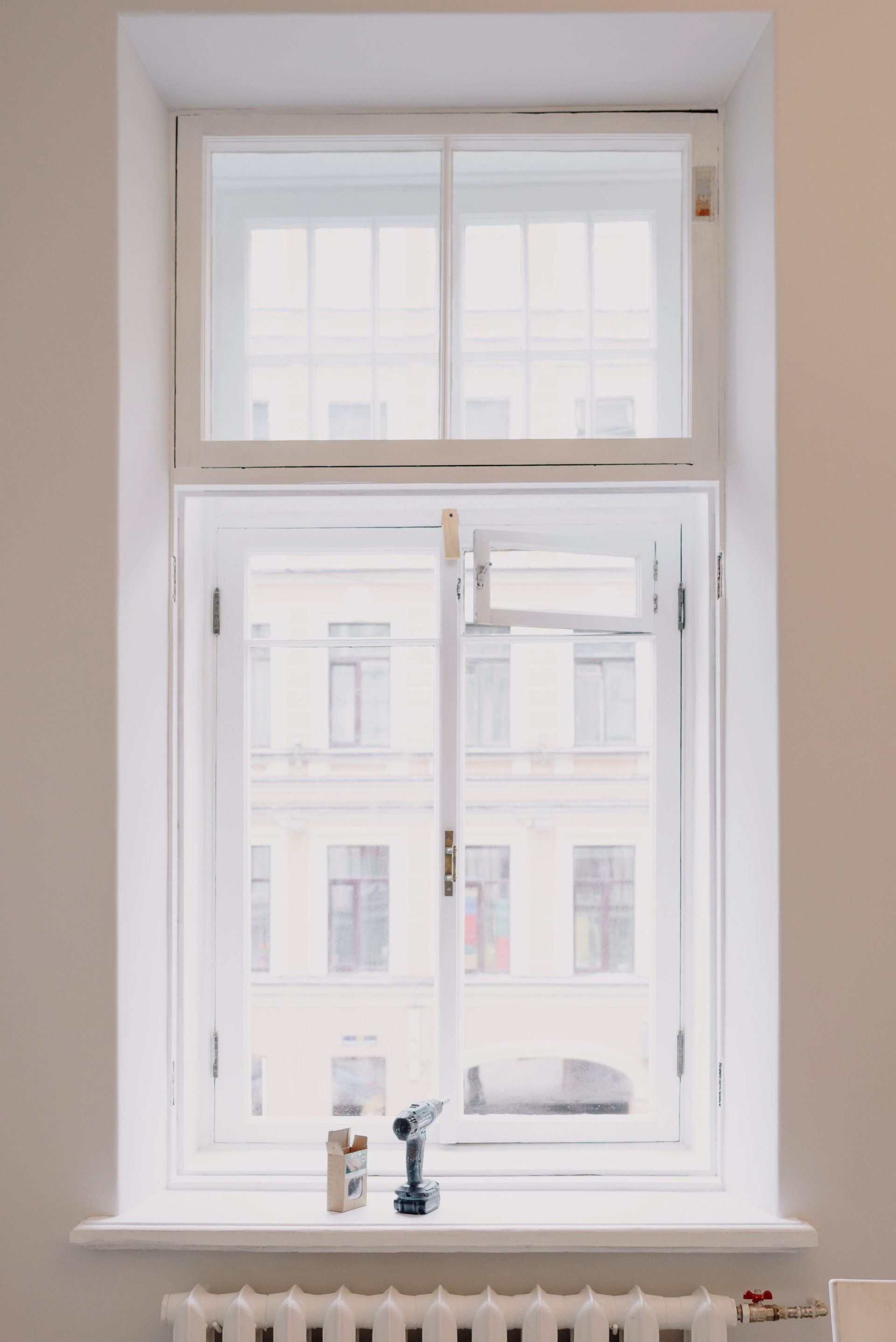
Eco-Friendly and Energy-Conscious Living
Double glazing aligns perfectly with the push toward greener living. It reduces carbon emissions by lowering energy consumption and contributes to a more sustainable lifestyle. By choosing recyclable materials and local suppliers, you’re also helping reduce environmental impact.
For those committed to eco-conscious building practices, energy-efficient windows are not optional-they’re essential.
Invest in Lasting Comfort
Incorporating double glazing glass into your property is a smart and forward-thinking decision. The combination of comfort, energy efficiency, and long-term value makes it one of the most rewarding upgrades available.
Whether you’re trying to beat the heat, reduce noise, improve security, or simply modernise your living space, double glazing provides a comprehensive solution. With a trusted installation partner, high-quality materials, and a little routine care, your investment will pay off in more ways than one-today and for years to come.

